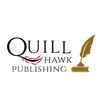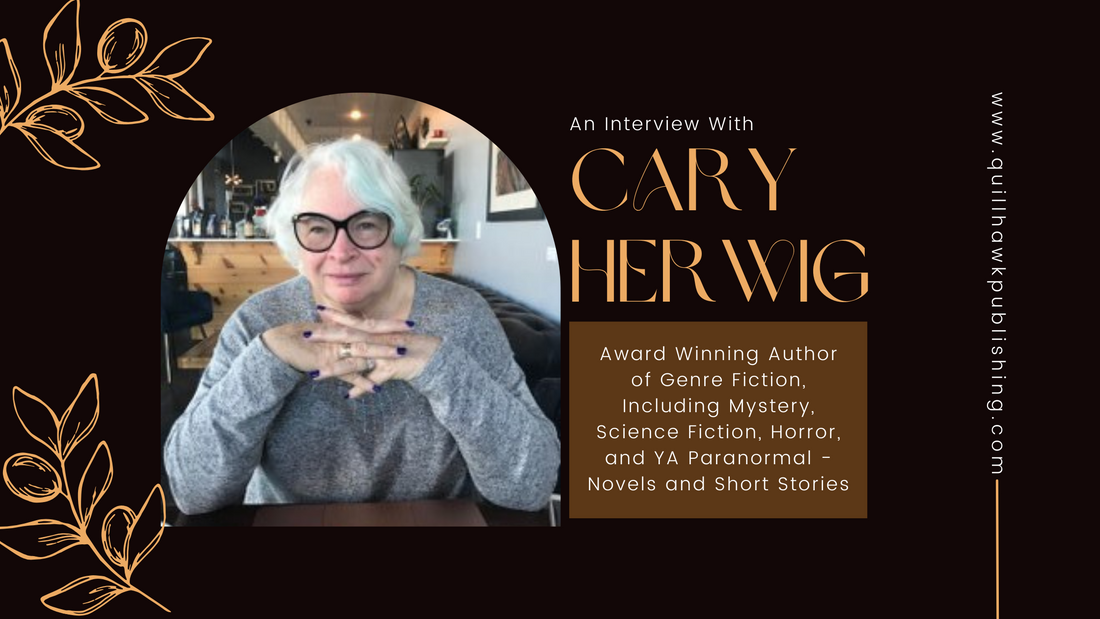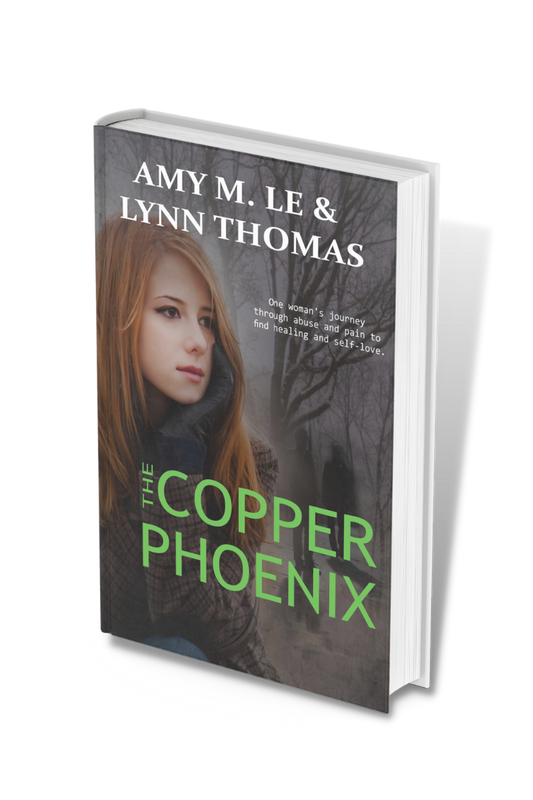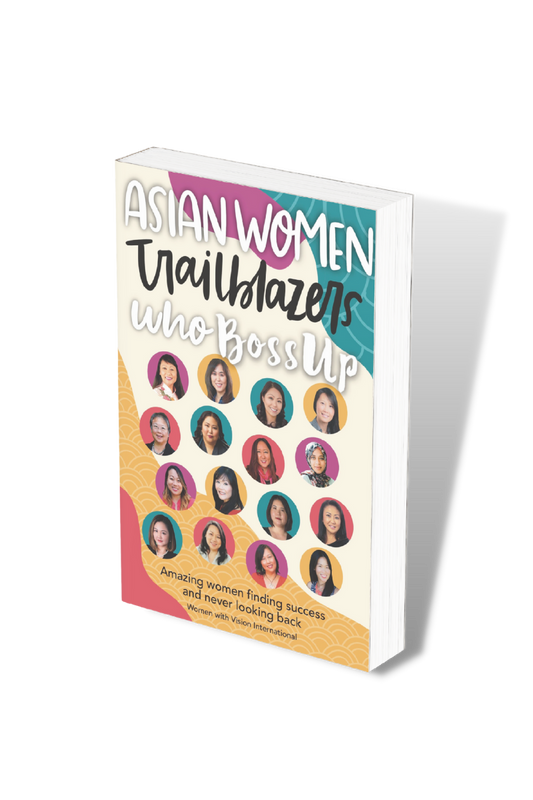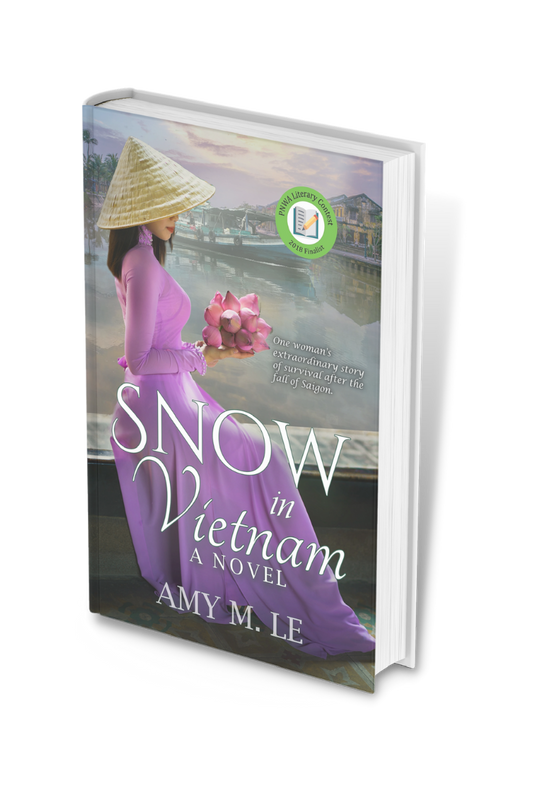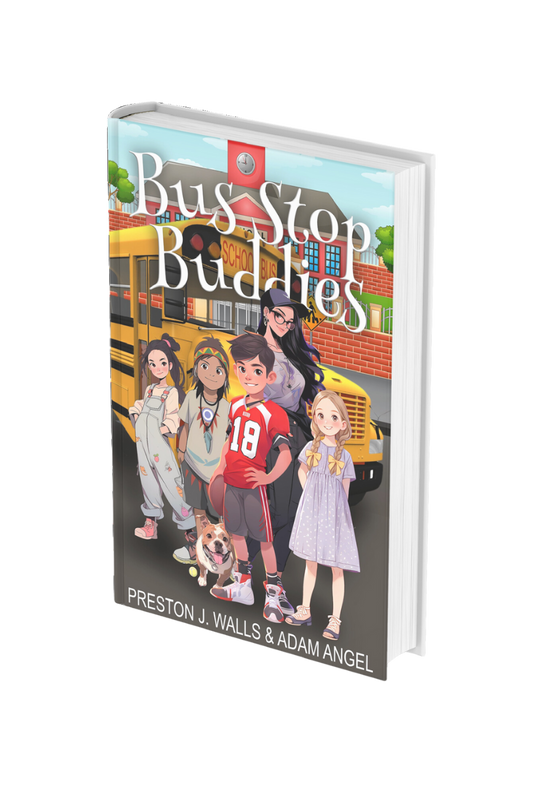Quill Hawk Publishing had the pleasure of interviewing Cary Herwig (who published earlier books under the name of Cary Osborne) of Edmond, Oklahoma, about her author journey. We hope you enjoy the interview as much as we did!
QHP: Cary, what are some of your published book titles?
CH: The Army Brat Hauntings series, with The Ghost’s Daughter and The World Ends at the River are published. The third book, Friends Like Dust, is due out in the next month or two. The final book in the series, with a working title of Final Game, is written and needs one more proofing to be ready.

QHP: Amazing! Tell us about your books and what inspired you to write them?
CH: Everyone would like to write their life story, I think. Growing up as an army brat is different from most childhood experiences. I wanted my story more readable by making it a ghost story, but the background of growing up in several places, always getting used to new schools and kids to get to know, is the basis for the stories.
QHP: Love that! So what projects are you working on now?
CH: I’ve already worked on the next series of books, a mystery/suspense series about a political papers archivist in Washington, D.C.
QHP: Interesting! That's not something you hear about. We look forward to reading it. When do you find yourself most productive?
CH: I usually begin working at about noon. Since I’m retired—except for writing—I sleep late and stay up late. I write for two to three hours then work on promotion and marketing and other business-type things.
QHP: Aww a day robin and a late owl! Do you have any advice for people getting started with their book project?
CH: For most writers, it’s important to find the best time and place to write. That may take some time. When I first started writing seriously, I wrote by hand at work during lunch break. I typed it up that evening at home. Editing and re-writing is where the story really turns into a readable piece. Also, remember, it’s a lonely profession since most of us write alone. It helps to go to writing conferences, meet other writers, editors, agents, and readers. Establish relationships with other writers, people who understand the difficulties or questions. Join writing organizations. There are groups covering specific fiction genres. Science fiction/fantasy. Mystery. Romance. Pretty much every possible genre.
QHP: Yes, absolutely! And right here in Oklahoma there is a thriving community of writers. It is such a wonderfully rich resource. How did you get your start?
CH: I started writing short stories when I was in my forties. At the time, I believed it was important to establish a reputation as a good short story author before I could start trying to get any novels published. I took a writing course which turned into a writers' critique group. My first pro sale was a short story published in a horror anthology, Women of Darkness. After that, it took seven years to get my first novel, Iroshi, a science fiction story, published by Ace. In those days, of course, a writer needed to find an agent first.

QHP: We looked up some of your past works including Iroshi. You have a lot of books published under Cary Osborne! So, what does a typical day look like for you?
CH: My first thing is to check email and social media. It’s mostly where I get information and communicate on writing and publishing. At noon, I start working. Most days I work on the current work in progress. Some days that means writing a first draft, other days it means re-writing or proofreading. Since I usually have two to three novels in progress, I usually have a choice. I work until 2:00 - 3:00, then switch to posting on social media to promote my work and any other work needed. At my age, I can spend hours writing so I try to make the most of my time at the computer. I work on writing every day of the week and often on weekends or holidays.
QHP: That's amazing and what a wonderful way to spend your days. What legacy would you like to leave behind?
CH: I’d love to believe that people have read my stories and enjoyed them. Maybe some were encouraged to try their hand at writing. The three Iroshi novels published in the 1990s are still selling a few copies each year. Those people don’t know me but some will remember my stories.



QHP: Would you say you’re a pantser or plotter, or a hybrid of the two, i.e plantser?
CH: Definitely a pantser. I once read another author who said she writes a story to see how it ends. If I know the end of a book I’m reading or writing, I have a hard time finishing it.
QHP: Interesting. You have such a routine schedule, yet when it comes to storytelling, you go by the seat of your pants! Do you have any favorite moments in your journey that you'd like to share?
CH: A couple of years ago, I came across a review of my first book series posted long after they were first published. He wrote that he’d read Iroshi for the third time and still loved it. Hearing or reading that sort of critique makes it all worthwhile.
QHP: It's amazing how books can connect us. What have you found is the biggest challenge in writing/publishing/promoting your book?
CH: When I started writing, the hardest part was finding an agent and then waiting, sometimes years, for an editor to buy it and for it to become an actual book. These days having to do so much marketing on the internet is exhausting. There are so many choices and all of them seem complicated.
QHP: Oh yes, the traditional route can be taxing on one's time. Most writers hate the marketing part but if you want to be read, you have to promote. We love helping our author promote and market their books! So, Cary, what are some interesting facts about yourself?
CH: Besides, growing up as an Army brat? After graduating from high school in Texas, I moved to Virginia and lived with my aunt and uncle for a few months. I got a job with General Electric, where I worked for twenty-two years. While I worked there, I went to college, graduating at thirty-six with a degree in history and communications. Later in life, after I moved to Oklahoma, I graduated from the University of Oklahoma with an MLIS at age sixty-two. A year later, I was at New Mexico State University as the Political Papers Archivist, processing Senator Pete Domenici’s papers after he retired. I retired from there and moved back to Oklahoma and married my sweetheart. Sounds like I’m something of a late bloomer, I guess.
QHP: Certainly an active, productive, and interesting one! Do you have any organizations or nonprofits you work with you’d like to highlight?
CH: I’m a member of several writing organizations: Oklahoma Writers Federation, Inc., WriterCon, Horror Writers of America. Lots of great people and sharing of information and support.
QHP: It's important to be a part of writing communities. Writing is a lonely process, and the community of writers is so supportive! Who do you admire?
CH: Louise Penny, author of the Gamache mysteries. William Bernhardt, creator of WriterCon, Red Sneakers Writers, and Babylon Books, among other organizations, and author of a large number of books. Kathrine Ptacek, editor, author, and mover in the Horror Writers of America. Kathy edited the first all-women horror anthology in the 1980s because women were too often excluded in earlier anthologies. Outside of writing? One of my heroes, Greta Thunberg, is so young and isn’t afraid to support causes that are controversial but so important. Her courage is inspiring.
QHP: Aw, yes, we know Bill Bernhardt! WriterCon is a great conference. Do you have any mentors?


University of Oklahoma, Norman, Oklahoma.
QHP: And what would you say is your greatest accomplishment?
CH: I have always felt proudest of going to college in my thirties and earning a BA.
QHP: What are some goals you hope to achieve?
CH: Just keep writing and getting published.
QHP: What do you love most about what you do?
CH: I love the actual writing of a story. And I love meeting other writers, both experienced people and those starting out.
QHP: How do you deal with writer’s block?
CH: I rarely have writer’s block. If I don’t feel like writing at all, I work on social media projects.
QHP: What was your self-care routine before the pandemic and how has that changed throughout the pandemic?
CH: Before the pandemic, I wrote at a coffee shop every day of the week. Come the pandemic, I started writing at home, where it is more difficult for me because it’s too quiet. I try to remember to take breaks and get some exercise.
QHP: Since so many of us spent a lot of time isolated during the pandemic, how has that experience specifically changed your creative or preparation process or your outlook on life?
CH: Although it was a lesson re-learned, I was reminded of the need to be flexible in changing circumstances. Going from writing in a coffee shop to writing at home was a trial and I needed to cope.
QHP: Who is your favorite writer, and what do you find interesting about their work?
CH: My reading habits are very eclectic. I have different favorites for different reasons. In spite of her being out of favor right now, I still love J.K. Rowling’s writing, both her Harry Potter books and the mysteries. The Potter books really transport me to that world. For grittiness and gutsy stories, I like Joe Lansdale’s work.
QHP: Do you have a favorite book?
CH: To me, the greatest novel ever written is To Kill a Mockingbird. I don’t have time to re-read much, but I do revisit The Lord of the Rings every so often.

QHP: Are there any habits you have that have shaped your writing style?
CH: Only the habit of writing every day. If I’m ill and miss a few days, or for some other reason, it takes an effort to get back in the groove.
QHP: How do you think your creative process has changed over time?
CH: With every book I write, and every seminar, class, and critique, I think I’ve improved my writing and understand what’s necessary to tell the kind of stories I’m writing.
QHP: What genres do you most enjoy reading/writing and why?
CH: Oh, so many. My reading habit, like my writing habit, is eclectic. I’ve always loved science fiction and feel like I’m still catching up on the older works. I also love good mysteries of all shades. I have enjoyed horror short stories, although since the pandemic I read less of that genre. I occasionally find mainstream fiction books that I love.
QHP: When you are creating a story, what is your process for putting a storyline together?
CH: I sit down and start writing. Any research not needed is done when I need it.
QHP: What inspires you?
CH: Knowing that someone enjoyed one of my stories. The editor and beta readers of The Army Brat Hauntings loved the books so much, they made me feel that I’d done it right.

QHP: If you could name one point in time when everything changed for you, what was it?
CH: When Iroshi, my first novel, found an agent and she sold it to Ace. It was a major genre publisher and they ended up publishing my first six novels.

QHP: Do you have any websites or social media pages you’d like to share?
CH: I’m on several social media platforms and working on an author webpage and blog.
Facebook: Cary Herwig Author
Instagram: #caryosbornewriter
Amazon author page: https://www.amazon.com/stores/Cary-Herwig/author/B0BC2DZC2G
QHP: Thank you, Cary, for a delightful interview!
The Army Brat Hauntings can be ordered from all online bookstores and brick-and-mortar stores.


